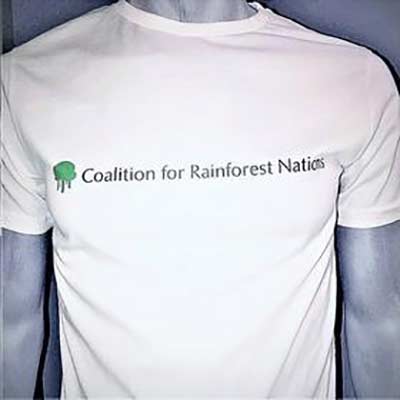Help Save Rainforests & Endangered Species
Policy
Multilateral Climate Treaties
CfRN is a party grouping recognized under the UNFCCC that supports rainforest nations in the Paris Agreement
The Coalition for Rainforest Nations Secretariat
The Coalition for Rainforest Nations Secretariat (CfRN) strives to advance the UNFCCC Reducing Emissions from Deforestation and Degradation (REDD+) framework and ensure that climate finance is allocated equitably to rainforest nations.
CfRN is a party grouping recognized under the United Nations Framework Convention on Climate Change (UNFCCC), which allows it to fully support countries in global climate negotiations throughout the year. Negotiations take place regularly at the Conference of the Parties (COPs), the Subsidiary Body for Scientific and Technological Advice (SBSTA), and other meetings.
A plenary session at SBSTA 2023, Bonn
A Map of CfRN Member Countries
Key:
CfRN countries
Countries that support and align with CfRN policies
Lucky Medina, Environment Minister of Honduras and Kevin Conrad, Executive Director of CfRN leading the daily country briefing session at COP28
What We Do
CfRN helps countries make the best decisions for their forests, communities, and the planet. The Paris Agreement is complex and continues to evolve. Our policy team provides year-round guidance to governments whose make up can change over time. The team includes ex-environment ministers and climate negotiators, offering developing countries over twenty years of insight, knowledge, and experience on climate treaties.
While we were successful in our mission to mandate REDD+ as part of the Paris Agreement, countries are still negotiating the implementation rules. CfRN continues to support governments’ efforts to strengthen the UNFCCC REDD+ framework within Article 6, so that countries can finally receive the climate finance that they deserve for efforts to slow deforestation and reduce emissions.
Besides the Paris Agreement, CfRN has achieved significant influence within international policy related to tropical forests and the climate emergency, and has:
- secured significant milestones within international climate negotiations,
- catalyzed international mechanisms for analysis, capacity, and technology, and
- piloted policies, such as World Bank’s Forest Carbon Partnership Facility and the UN-REDD Program.
CfRN also helps developing countries devise national climate policy to comply with the UNFCCC REDD+ framework and the Paris Agreement. This includes providing support on building national emissions registries and enabling legislation that allows governments to utilize REDD+ to secure climate finance and protect its rainforests.


